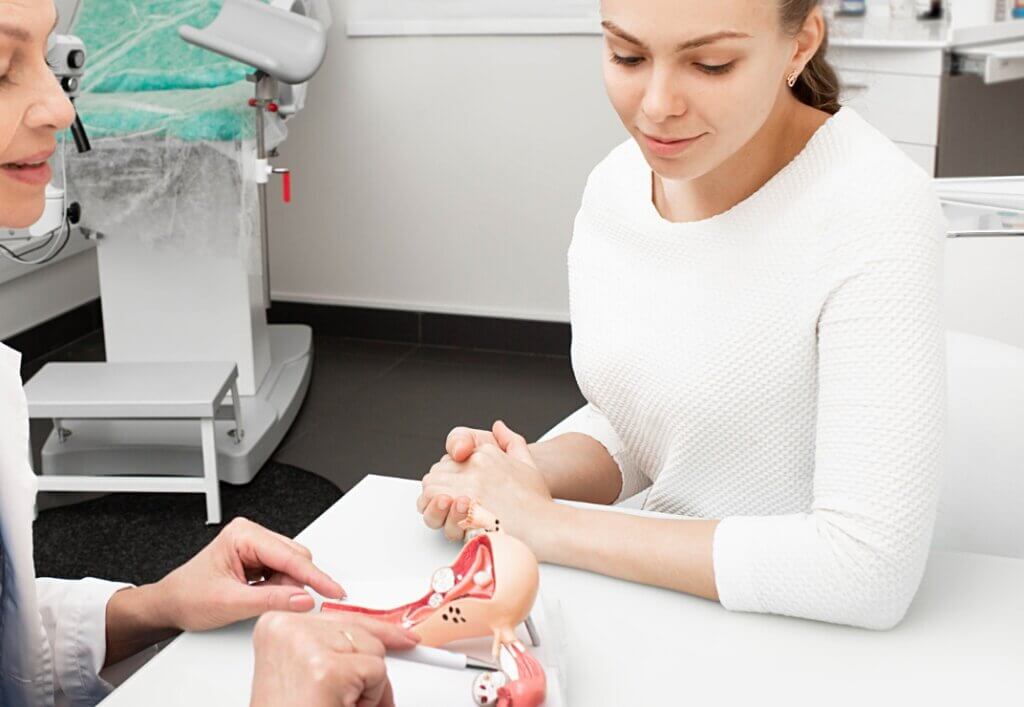
1 in 6 people suffer from infertility worldwide and many individuals and families will need support in order to build their family. However, for such a common reality, so much confusion, stigma, and questions exist. This National Infertility Awareness Week (NIAW), RPSD aims to provide comprehensive support and information to those navigating this challenging path.
Infertility is defined as the inability to conceive after one year of unprotected intercourse for individuals under 35, or after six months for individuals over 35. It can also refer to the inability to carry a pregnancy to term. Infertility can affect both men and women and may result from various factors, including hormonal imbalances, reproductive disorders, age-related decline in fertility, lifestyle factors, and more.
The emotional impact of infertility can be profound, affecting individuals and couples on a deeply personal level. Feelings of grief, loss, frustration, and isolation are common, as individuals grapple with the disappointment of failed conception attempts and the uncertainty of their fertility journey.
Infertility can place significant strain on relationships, as couples navigate the challenges of treatment decisions, financial pressures, and emotional ups and downs. Communication breakdowns, resentment, and intimacy issues may arise, requiring open and honest dialogue and support from mental health professionals.
Despite its prevalence, infertility remains stigmatized in many societies, leading to feelings of shame, secrecy, and social isolation for those affected. Misconceptions and societal pressures surrounding parenthood and fertility can exacerbate these feelings, further marginalizing individuals and couples struggling with infertility.
The “right time” to see a fertility specialist is different for everyone. However, if you’re 35 years old or older and have been trying to conceive for six months, or under 35 and have been trying for a year without success, it may be a good idea to schedule a visit to explore your fertility options.
Fertility treatment is a process, and a healthy term pregnancy is the destination. Our experienced fertility doctors will design a personalized treatment plan that addresses the unique factors contributing to your infertility. Understanding all the aspects of the fertility journey before you begin will prepare you to be an active, engaged participant in your treatment.
Infertility is a complex and multifaceted condition that affects millions of individuals and couples worldwide. Beyond its physical implications, infertility can have far-reaching emotional, psychological, and financial effects, impacting every aspect of those affected. By raising awareness, fostering empathy, and providing support and resources, we can work together to destigmatize infertility, empower individuals and couples, and create a more inclusive and supportive community for all.
Our skilled fertility specialists are here to help. Contact us today and let’s discuss the next phase of your fertility journey.